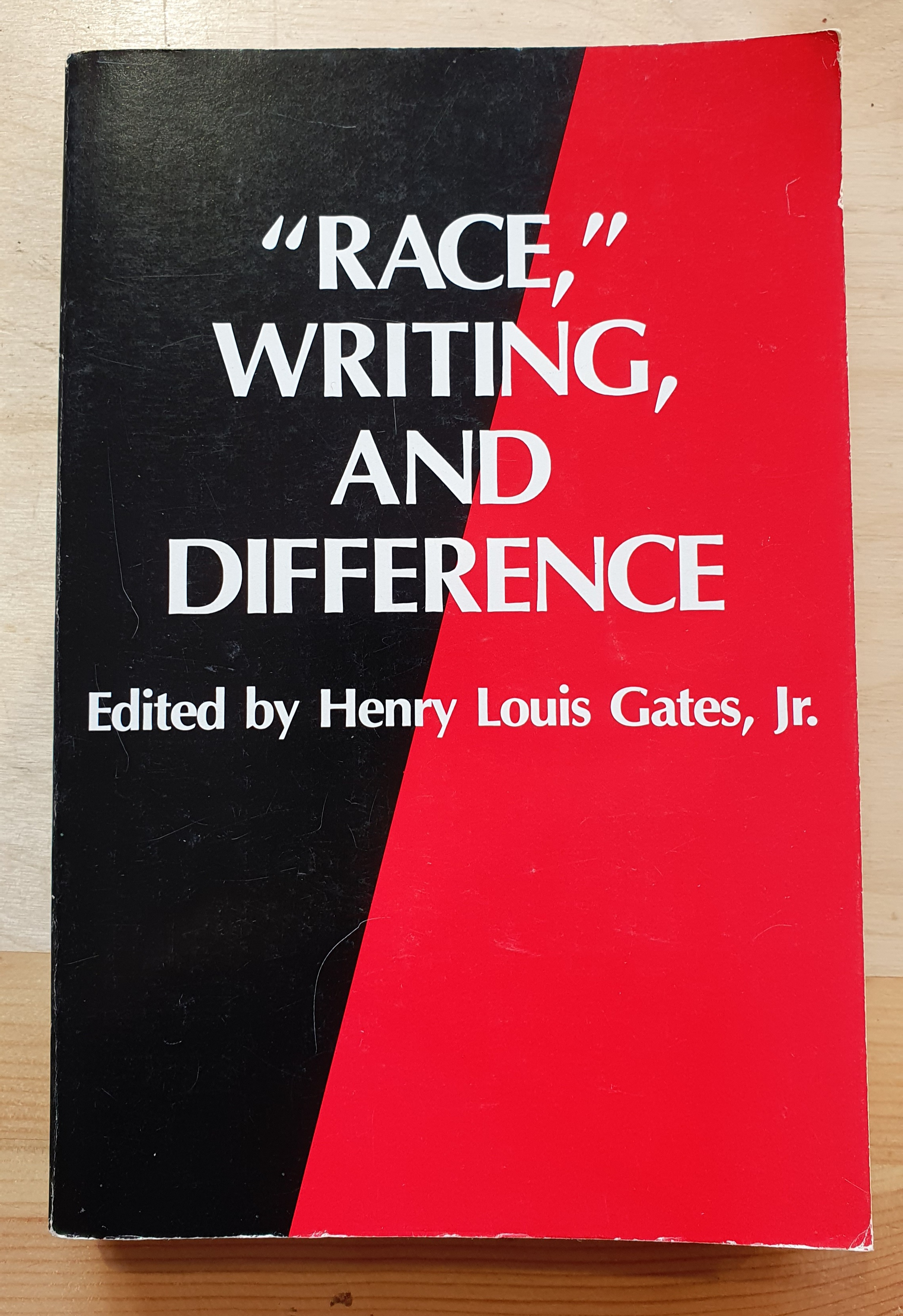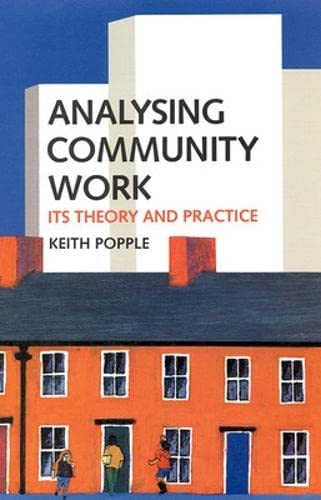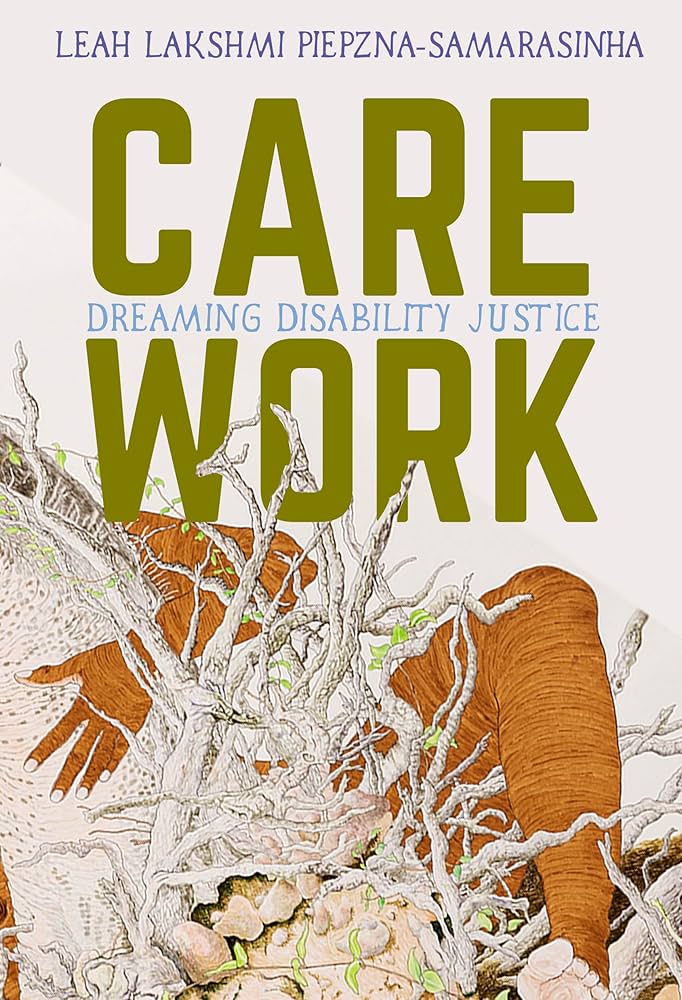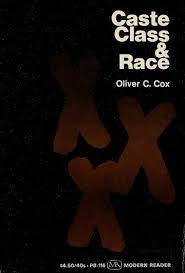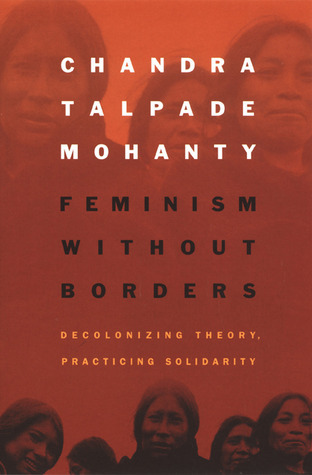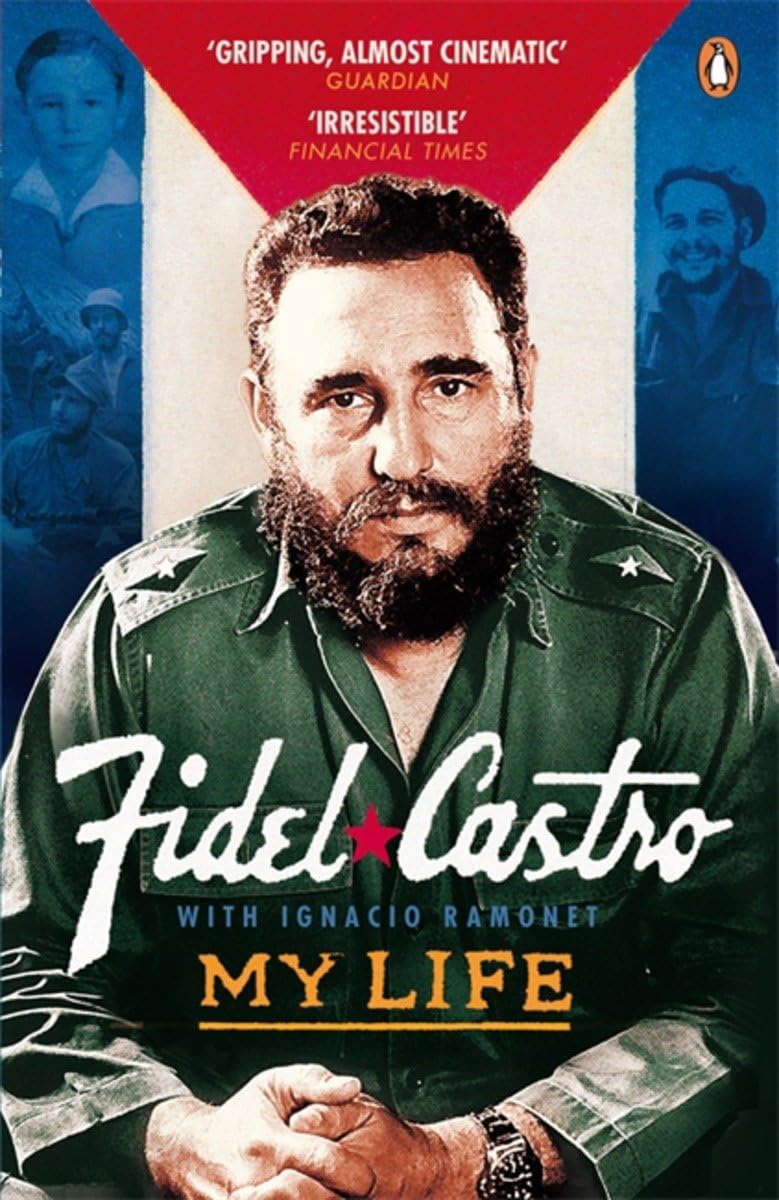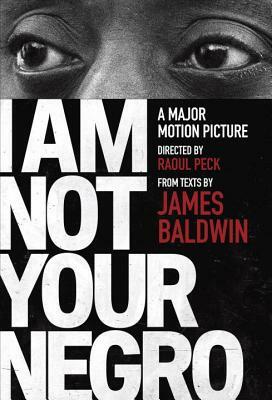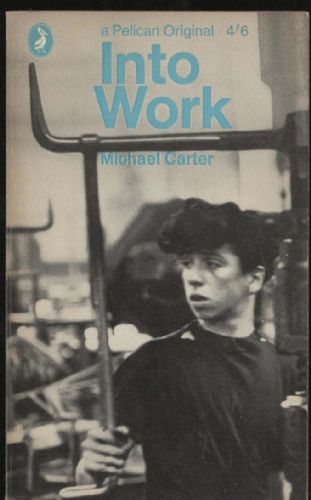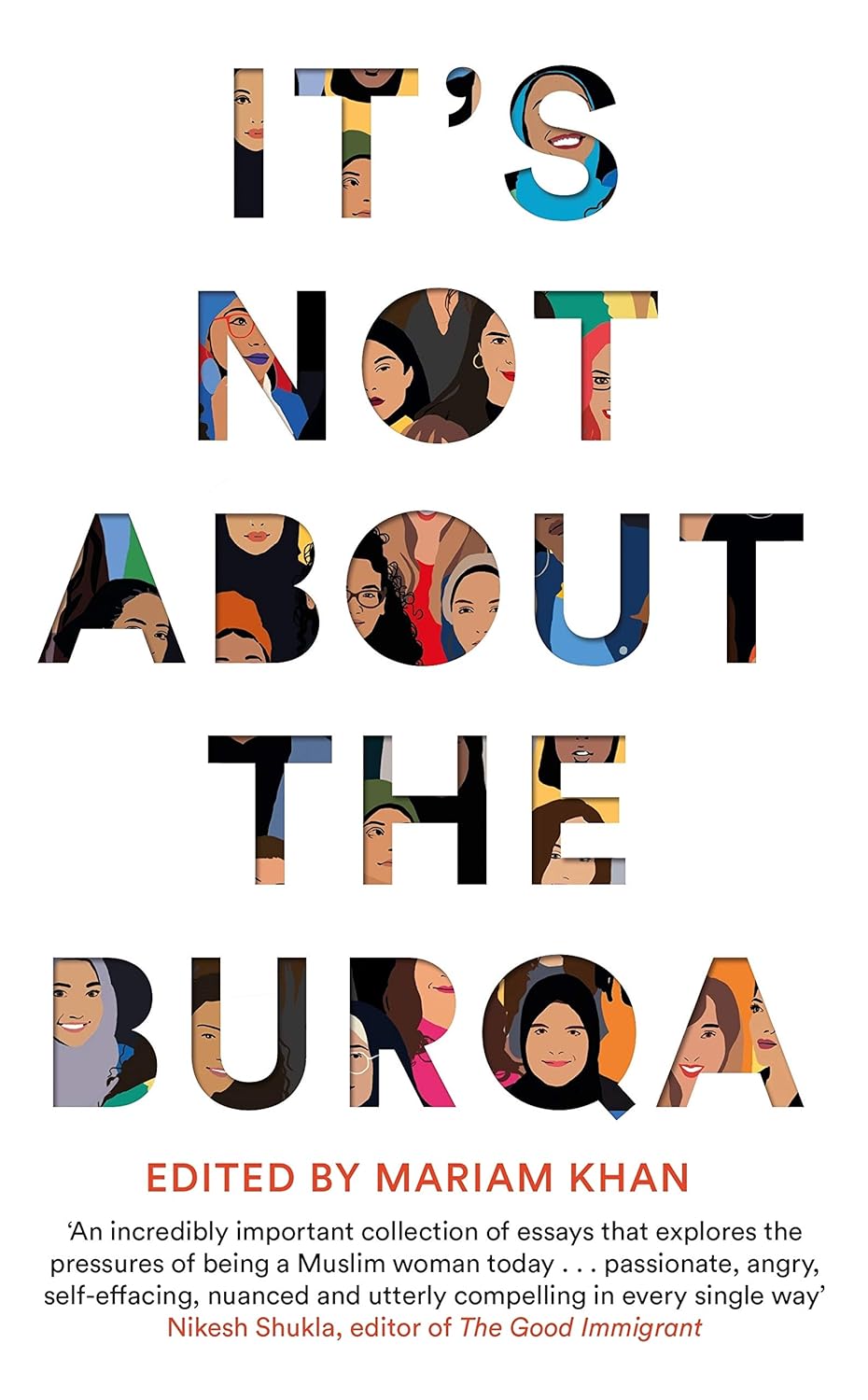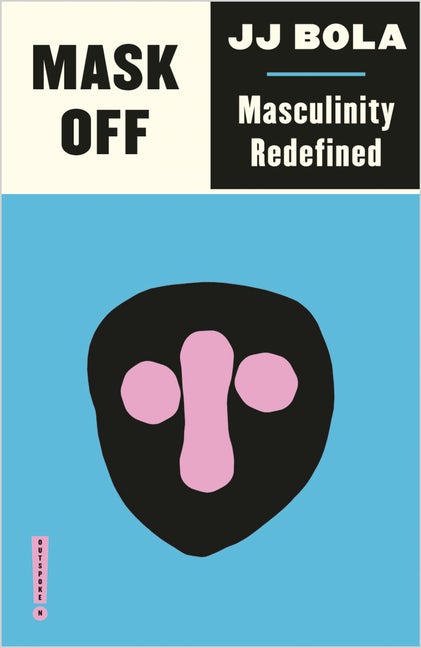A classic of cultural criticism, "Race," Writing, and Difference provides a broad introduction to the idea of "race" as a meaningful category in the study of literature and the shaping of critical theory. This collection demonstrates the variety of critical approaches through which one may discuss the complexities of racial "otherness" in various modes of discourse. Now, fifteen years after their first publication, these essays have managed to escape the cliches associated with the race-class-gender trinity of '80s criticism, and remain a provocative overview of the complex interplay between race, writing, and difference.
What is community work - in theory, and in practice?
Community work is a unique and important activity that offers the potential of assisting individuals, groups and communities to achieve change. Keith Popple examines this contested activity analysing its varying theoretical base and practical application. After discussing the development of community work he considers a number of contemporary themes and issues. The author argues for a more critical analysis of community work drawing on a range of key concepts and on the experiences of emerging social movements. He also encourages the extension of community work training and supports the efforts made to establish a national validated qualification.
Analvsing Community Work: Its Theory and Practice will be of value to students, educators, practitioners and policy makers in the fields of community work, youth and community work, social work and social policy. It will also assist those in their occupations such as housing management, co-opperative development and advice and advocacy who are developing their services along community work lines.
In this collection of essays, Lambda Literary Award-winning writer and longtime activist and performance artist Leah Lakshmi Piepzna-Samarasinha explores the politics and realities of disability justice, a movement that centers the lives and leadership of sick and disabled queer, trans, Black, and brown people, with knowledge and gifts for all.
Care Work is a mapping of access as radical love, a celebration of the work that sick and disabled queer/people of color are doing to find each other and to build power and community, and a tool kit for everyone who wants to build radically resilient, sustainable communities of liberation where no one is left behind. Powerful and passionate, Care Work is a crucial and necessary call to arms.
A 1948 sociological analysis of the issues of caste, class, and race relations in the United States and the world
Bringing together classic and new writings of the trailblazing feminist theorist Chandra Talpade Mohanty, Feminism without Borders addresses some of the most pressing and complex issues facing contemporary feminism.
Forging vital links between daily life and collective action and between theory and pedagogy, Mohanty has been at the vanguard of Third World and international feminist thought and activism for nearly two decades. This collection highlights the concerns running throughout her pioneering work: the politics of difference and solidarity, decolonizing and democratizing feminist practice, the crossing of borders, and the relation of feminist knowledge and scholarship to organizing and social movements. Mohanty offers here a sustained critique of globalization and urges a reorientation of transnational feminist practice toward anticapitalist struggles.
Feminism without Borders opens with Mohanty's influential critique of western feminism ("Under Western Eyes") and closes with a reconsideration of that piece based on her latest thinking regarding the ways that gender matters in the racial, class, and national formations of globalization. In between these essays, Mohanty meditates on the lives of women workers at different ends of the global assembly line (in India, the United Kingdom, and the United States); feminist writing on experience, identity, and community; dominant conceptions of multiculturalism and citizenship; and the corporatization of the North American academy. She considers the evolution of interdisciplinary programs like Women's Studies and Race and Ethnic Studies; pedagogies of accommodation and dissent; and transnational women's movements for grassroots ecological solutions and consumer, health, and reproductive rights.
Mohanty's probing and provocative analyses of key concepts in feminist thought—"home," "sisterhood," "experience," "community"—lead the way toward a feminism without borders, a feminism fully engaged with the realities of a transnational world.
The acclaimed autobiography of Fidel Castro, one of the towering political figures of our age, who dominated both Cuba and the world stage for over half a century.
Here Castro tells his story in full for the first time, speaking openly about everything from his parents and earliest influences to his imprisonment, guerrilla war and the Cuban revolution and on to the Bay of Pigs, the missile crisis and his relationship with Che Guevara. He also remembers the people he knew, from John F. Kennedy to Ernest Hemingway. Whatever your views on Castro are, this is an essential record of an incredible life - and even more extraordinary times.
'Cubaphiles are all the richer for this book ... Castro's prodigious gifts are well displayed: his formidable erudition, steely discipline, epic curiosity and his astute grasp of history' Financial Times
'Castro's life has been extraordinary and he can tell a good story' Evening Standard
In his final years, Baldwin envisioned a book about his three assassinated friends, Medgar Evers, Malcolm X, and Martin Luther King. His deeply personal notes for the project had never been published before acclaimed filmmaker Raoul Peck mined Baldwin's oeuvre to compose his stunning documentary film I Am Not Your Negro.
Peck weaves these texts together, brilliantly imagining the book that Baldwin never wrote with selected published and unpublished passages, essays, letters, notes, and interviews that are every bit as incisive and pertinent now as they have ever been. Peck's film uses them to jump through time, juxtaposing Baldwin's private words with his public statements, in a blazing examination of the tragic history of race in America.
This edition contains more than 40 black-and-white images from the film.
Nominated for the Academy Award for Best Documentary
The Pelican Original is the work of a sociologist who has specialised in education and delinquency. It stresses the present n=inadequacies in the passage leading from school to work, particularly for the thousands educated in secondary modern schools.
The more we educate, it seems, the vaguer school leavers are becoming about thier future careers. They wander unarmed into the jungle of industrial society: to the tiger they are merely fodder.
What is masculinity? Dominating the world around us, from Trump's twitter outbursts to deadly gun violence, from male suicide rates to incels on Reddit and 4chan, masculinity is perceived to be 'toxic', 'fragile' and 'in crisis'. In Mask Off, JJ Bola exposes masculinity as a performance that men are socially conditioned into. Using examples of non-Western cultural traditions, music and sport, he shines light on historical narratives around manhood, debunking popular myths along the way. He explores how LGBTQ men, men of colour, and male refugees experience masculinity in diverse ways, revealing its fluidity, how it's strengthened and weakened by different political contexts, such as the patriarchy or the far-right, and perceived differently by those around them. At the heart of love and sex, the political stage, competitive sports, gang culture, and mental health issues, lies masculinity: Mask Off is an urgent call to unravel masculinity and redefine it.

